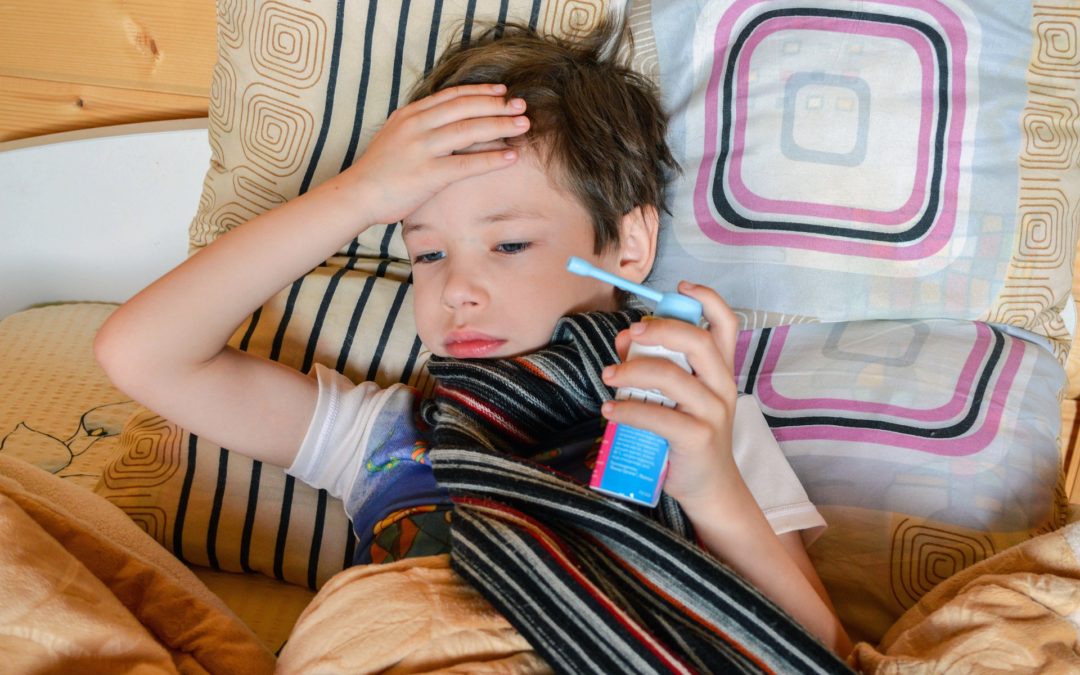 Bullying may be defined as deliberately hurtful behaviour, repeated over time, painful or distressing, against which it is difficult for the victim to protect him/herself. This article takes you through key aspects of this problem.
Bullying may be defined as deliberately hurtful behaviour, repeated over time, painful or distressing, against which it is difficult for the victim to protect him/herself. This article takes you through key aspects of this problem.
Bullying can be physical, verbal, or indirect. It can include name-calling, threats and extortion, physical violence, damage to belongings, exclusion from activities, humiliation, intimidation and spreading malicious rumours. There are also forms of bullying that can be delivered using mobile phones and e-mail messages as well as face to face.
Surveys approximate that half of all young people experience some form of bullying during their school career. Bullying is especially acute for the 12-15 age range and there has been a rapid growth in what is becoming known as cyber-bullying. Through the internet & mobile phones, bullies are able to reach their victims wherever they are, 24 hours a day.
Persistent bullying can result in depression, low self esteem, shyness, below-expected achievement, isolation, threatened or even attempted suicide. In the UK it is reported that up to 16 children per year actually commit suicide because they are being bullied. In 2005, more than 20,000 calls to Childline by children and young people related to bulling (more than any other subject). Research shows that when everyone involved in school takes a strong stand against bullying, it is far less common.
A survey by the NSPCC in February 2004 revealed that 34% of 11-16 year olds always worried about something and of these, nearly half had a fear of bullying.
Victims of bullying are usually picked on because they are different in some way from other children. These differences could include looks, race, or disability and are often aspects about themselves that the victim cannot change.
Often children are reluctant to tell about incidents of bullying. This makes them victims of emotional blackmail, because they think it is likely to make the situation worse or they believe that nothing will be done about it.
A child or young person may be reluctant to tell that they are being bullied but a change in behaviour exhibiting some of the following may indicate they are being bullied:
- Being frightened of walking to/from school or going on the school bus.
- Changing their usual route to school.
- Being unwilling to go to school, feeling ill or truanting.
- Deterioration in school work.
- Possessions damaged or going missing.
- Asking for money, continually ‘losing’ pocket money or stealing.
- Change of mood, becoming withdrawn, stammering, loss of confidence.
- Unusually anxious and distressed, stopping eating.
- Nightmares or crying themselves to sleep.
- Refusing to talk about what is wrong.
Helping your child to avoid being bullied or becoming a bully:
- Express unconditional love and support for your child.
- Praise and reward good behaviour and efforts to change.
- Increase their self confidence by recognising and developing their strengths.
- Teach your child positive ways to manage anger and frustration.
- Model non-aggressive behaviour yourself.
Encouraging your child to talk:
- Make time to listen to your child.
- Encourage your child to talk to you by being supportive.
- Take an interest in issues that concern them.
- Give the child time to explore their concerns.
- Never play down what may seem trivial to you but try not to feed their anxieties.
- Be careful not to make any quick judgements.
Helping your child to overcome bullying:
- If they are being bullied, reassure them that it is not their fault.
- If they are bullying, try to find out why and encourage them to accept responsibility.
- Boost their self esteem at every opportunity with lots of praise, affection and encouragement.
- Make every effort to find out exactly what has been going on and for how long.
- Help and support your child in developing their own solutions to bullying.
- Identify any unpleasant behaviour which may lead to being bullied and help them to change.
- Use role play to practise set responses to the most frequent insults and threats.
- Encourage new interests, activities and friendships.
Working in partnership with others:
- Record any incidences of bullying that your child tells you about.
- Explain the situation to the appropriate adults (e.g. school, club leaders) calmly and clearly.
- Cooperate with others in any ways they suggest to solve the problem.
- Try and keep in touch with other involved adults.
- If bullying continues ask that it is investigated and that action is taken.
- Review progress and request follow-up meetings if needed.








